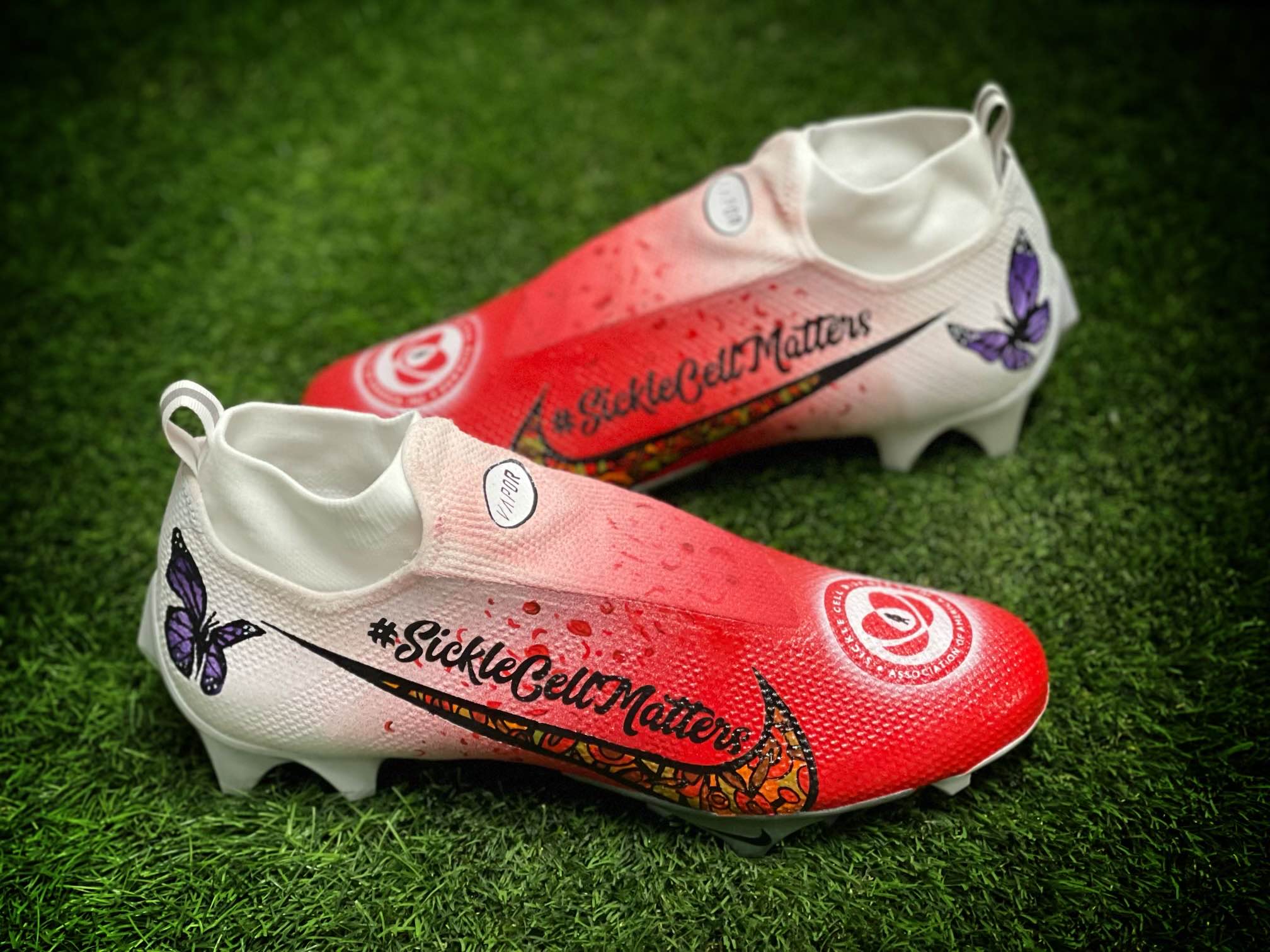An update from John Otsuki, SCDAA government relations manager
As I am sure you’re aware, the United States recently completed a midterm election. All members of the House of Representatives were up for election or re-election, as they are every 2 years, as were 34 Senators (roughly 1/3 of the total).
Before the election, the Democrats controlled both the Senate and the House, both by narrow margins. The 2020-2022 Senate was split 50–50*, with Vice President Kamala Harris breaking tie breakers, effectively giving the Democrats control, while the House was controlled by the Democrats 219 seats to 213 Republican seats.
This November, the Democrats held the Senate, winning 50 seats to the Republicans 49. One race is going to a runoff in mid-December (GA). Regardless of the outcome, the Democrats will retain control, with Senator Chuck Schumer (D-NY) expected to remain as Majority Leader and Senator Mitch McConnell (R-KY) to remain as Minority Leader. In the House, the Republicans the Republicans have won 220 seats, while the Democrats have 213 seats. While two seats are still undecided, control of the House will flip to the Republicans.
Once the results are finalized, the House of Representatives will elect a new Speaker of the House, which will certainly be a Republican. Who that will be remains undecided, with Rep. Kevin McCarthy (R-CA) as the front runner. The current Speaker of the House, Rep. Nancy Pelosi (D-CA), has stepped down from leadership. Representative Hakeem Jeffries (D-NY) has been elected as the new Minority Leader of the House. The new Congress will begin January 3, 2023.
What does this mean for sickle cell disease?
The Republican flip of the House Representatives means that the chair and composition of every committee and subcommittee will change. That means the person deciding which pieces of legislation make it to and through committee and to the floor for a vote will change. Republicans have been open to working on sickle cell disease issues in the past, however, the number of supporters of SCD is drastically lower. Republicans are also less likely to support increased spending for any program. The current pending bills have price tags of $50 million to $535 million annually. Republicans are less likely to support these numbers in their current form.
More importantly, the Senate will still be controlled by the Democrats and the Presidency will still be controlled by the Democrats. This means we will have divided government. As we have seen over the past 20 years, divided governments struggle to pass any meaningful legislation at all. Passing SCD legislation is about to become much more difficult.
I hope this summary was helpful!
-John Otsuki, SCDAA government relations manager
*The Democrats technically have two independents, Senators Angus King and Bernie Sanders, but both caucus and vote with the Democrats.
 #BlackHistoryMonth Meet the late Carlton Haywood Jr. – a trailblazer in the field of health equity and bioethics. Born with sickle cell disease, Carlton never let his illness hold him back. He was an all-star student and held many degrees, including a Ph.D. in Bioethics and Health Policy from the John Hopkins Bloomberg School of Public Health. His research, informed by his own experiences with SCD, earned him a competitive National Institutes of Health grant and recognition as a leader in his field. Despite the challenges he faced, Carlton’s unwavering spirit and passion for health equity and bioethics inspired many. His legacy will live on as a shining example of resilience and dedication.
#BlackHistoryMonth Meet the late Carlton Haywood Jr. – a trailblazer in the field of health equity and bioethics. Born with sickle cell disease, Carlton never let his illness hold him back. He was an all-star student and held many degrees, including a Ph.D. in Bioethics and Health Policy from the John Hopkins Bloomberg School of Public Health. His research, informed by his own experiences with SCD, earned him a competitive National Institutes of Health grant and recognition as a leader in his field. Despite the challenges he faced, Carlton’s unwavering spirit and passion for health equity and bioethics inspired many. His legacy will live on as a shining example of resilience and dedication. 




 #BlackHistoryMonth Meet
#BlackHistoryMonth Meet  Meet the late Hertz Nazaire – a talented artist and author who used his brush to spread awareness about sickle cell disease. At just 9 years old, Hertz began honing his skills in NYC and later perfected his craft at The Art Institute of Fort Lauderdale and the University of Bridgeport. Known for his advocacy work and his “Finding Your Colors” adult coloring book series, Hertz was dedicated to using his art as therapy for those impacted by stress. Hertz lost his battle to sickle cell in late 2021, but his commitment to SCD advocacy and his impact on the art world will not be forgotten.
Meet the late Hertz Nazaire – a talented artist and author who used his brush to spread awareness about sickle cell disease. At just 9 years old, Hertz began honing his skills in NYC and later perfected his craft at The Art Institute of Fort Lauderdale and the University of Bridgeport. Known for his advocacy work and his “Finding Your Colors” adult coloring book series, Hertz was dedicated to using his art as therapy for those impacted by stress. Hertz lost his battle to sickle cell in late 2021, but his commitment to SCD advocacy and his impact on the art world will not be forgotten. 